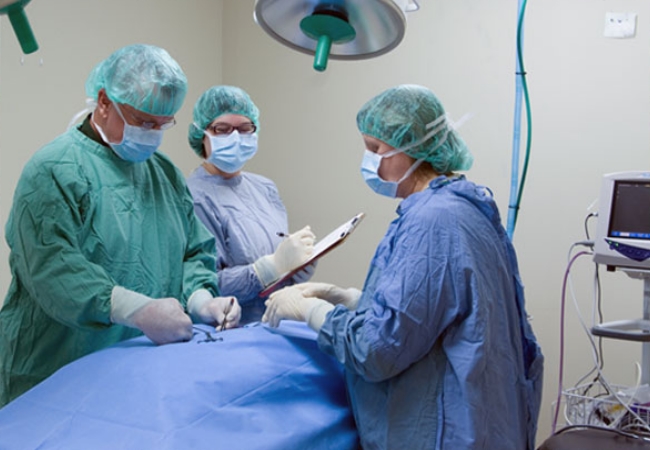Cystic fibrosis, a life-threatening disease, is caused due to a defective gene, which alters the protein regulating the inflow and outflow of salt (sodium and chloride) into and out of the cells. This makes the mucus, digestive juices, and sweat thick and sticky. Hence these secretions clog up the ducts, tubes and passageways, especially in lungs and the pancreas. But liver, intestines and reproductive organs can also be affected.
Affected individuals show a variety of symptoms depending on the system most affected. Respiratory symptoms can be persistent cough with thick sputum, wheezing, breathlessness, decreased ability in exercising, and repeated infections of the lungs. Digestive symptoms can be greasy and foul-smelling stools, constipation and even intestinal blockage. There can be impaired growth and less weight gain. The sweat will be salty. With proper treatment and management, the prognosis can be fair. Patients can expect to live on an average well into their late thirties and forties.
Treatments For Cystic Fibrosis
Cystic fibrosis has no cure at present. But symptoms can be managed effectively and complications reduced. The goals of treatment are control and prevention of lung infections and intestinal blockage, loosening and removal of mucus from lungs, and ensuring adequate nutrition.
Chest Physiotherapy
Chest physiotherapy is also called as chest percussion or clapping. It consists of repeated pounding of the chest and the back with either your hands or some device, which loosens the mucus in the lungs, making it easy to cough it out. This can be done up to four times daily. Doing chest physiotherapy while sitting down or lying on the stomach with the head down will ensure that gravity also helps in draining the mucus.
The devices available to do chest physiotherapy are mechanical percussor, inflatable vest using airwaves high in frequency to drain mucus, and a mask that sets up vibrations upon breathing through it. Certain breathing techniques may also be of help, such as forcing out some short or deeper breaths, then resorting to relaxed breathing.
Medications
Medications can be used to treat lung infections, reduce the swelling and open up airways, and also make the mucus thin. Antibiotics help treat lung infections. Oral antibiotics suffice for mild infections, but severe ones may require intravenous antibiotics.
Anti-inflammatory drugs can be used to reduce the swelling of the airways. Bronchodilators open up the airways by helping relax the muscles surrounding them. Drugs are also available to make the mucus thinner so that it can be easily coughed up.
Nutritional Therapy
Oral pancreatic enzymes aid digestion. Consume adequate proteins, calories and fat. Supplements of fat-soluble vitamins, such as vitamins A, D, K, and E, need to be taken as they are poorly absorbed in persons with cystic fibrosis. Sometimes you may need a feeding tube, which can be used when you go to sleep, ensuring intake of additional calories during the night.
Lifestyle Remedies
Increased fluid intake thins out the mucus. Regular exercise loosens up the mucus in the airways. Avoid smoking, including secondhand smoke.
Washing of hands thoroughly before eating, after a visit to the bathroom, after coming home from school or work, and after visiting a sick person, goes a long way in preventing infections.
Procedures (Including Surgical)
If nasal polyps are obstructing the breathing, they need to be removed. If airways are obstructed with mucus, they can be cleared of it with an endoscope. If the lung disease is advanced, you may require oxygen therapy through nasal mask or prongs. If lung infections are proving resistant to treatment and lung disease is advanced, lung transplantation is an option. Blockage in bowels may need to be cleared surgically.
Caution: Please use Home Remedies after Proper Research and Guidance. You accept that you are following any advice at your own risk and will properly research or consult healthcare professional.






